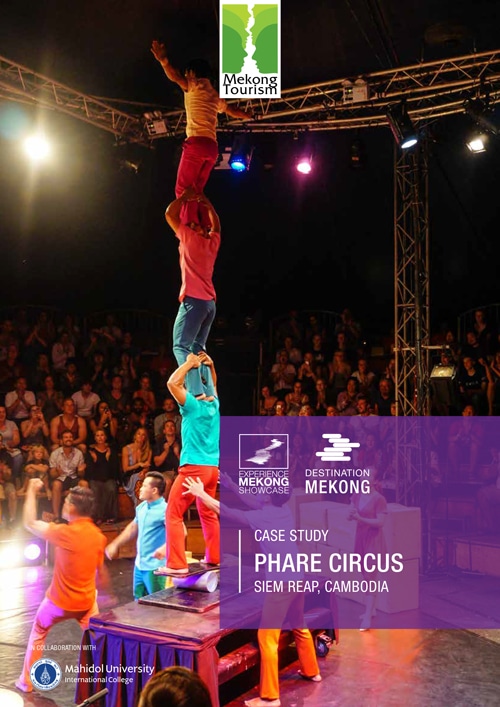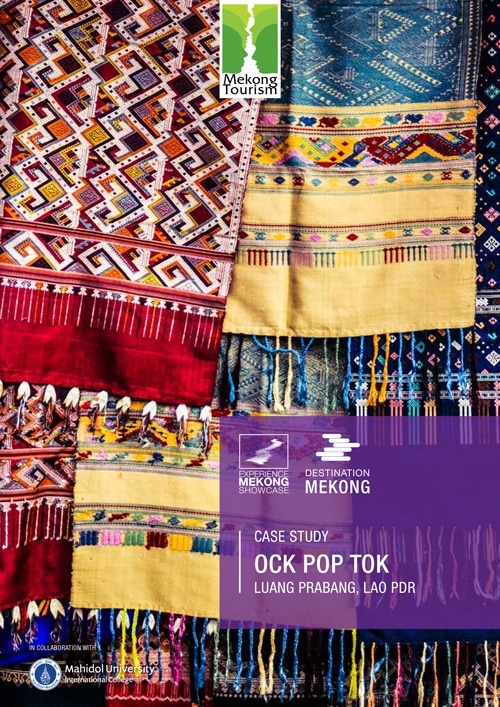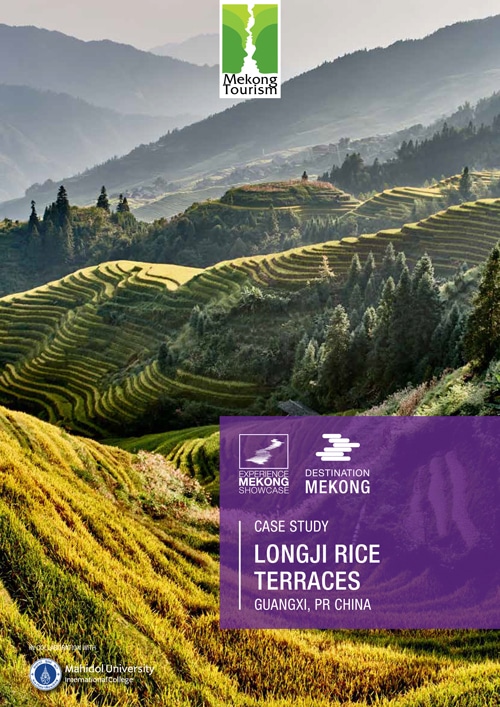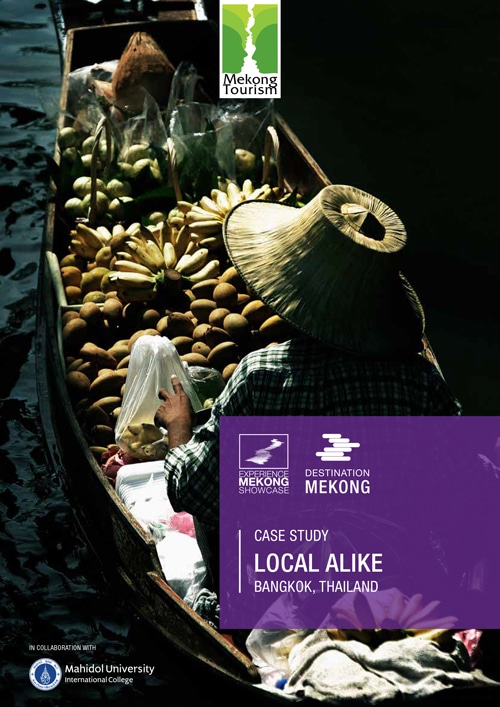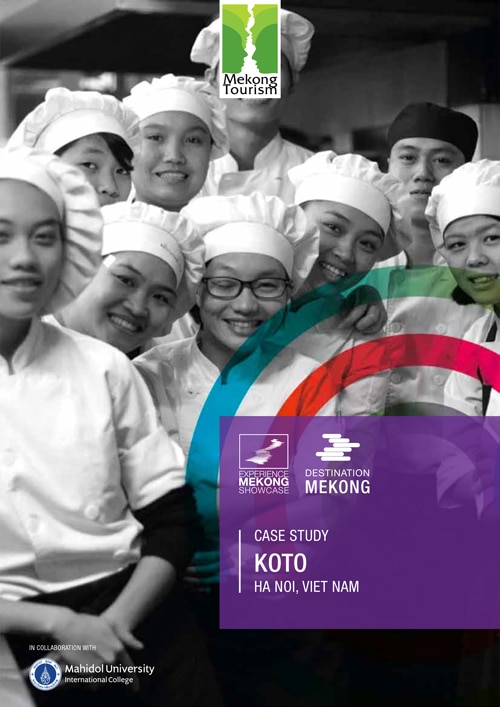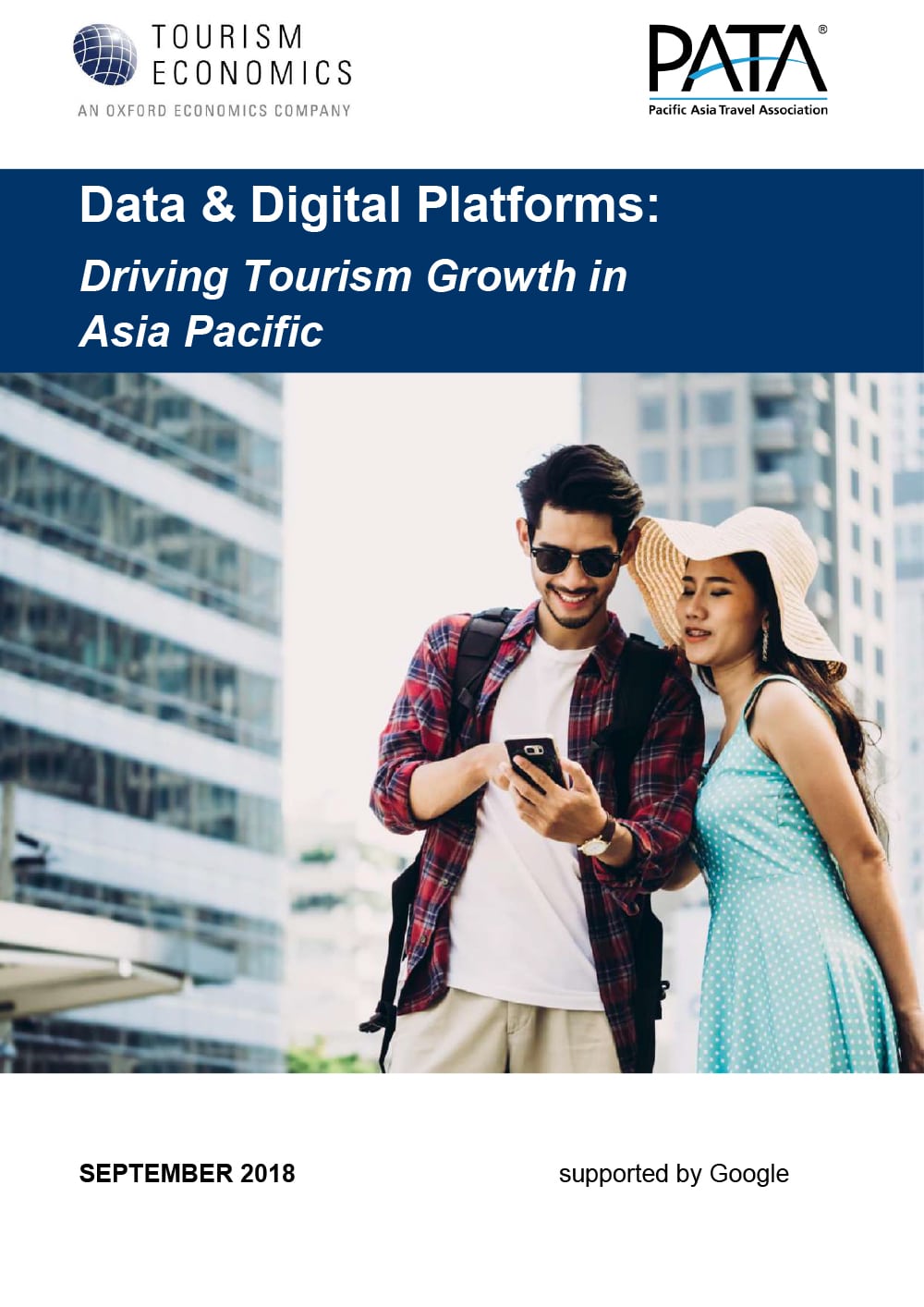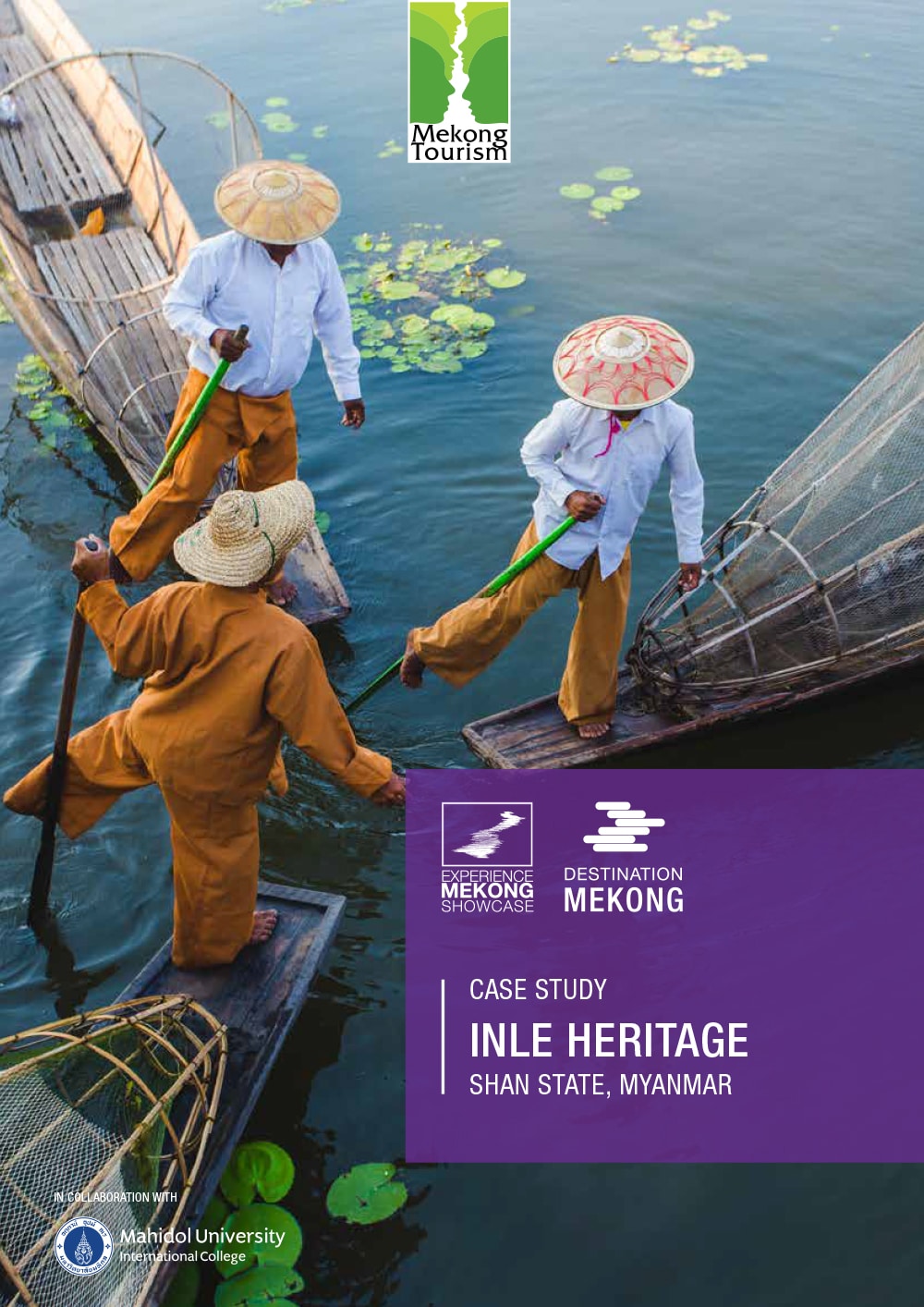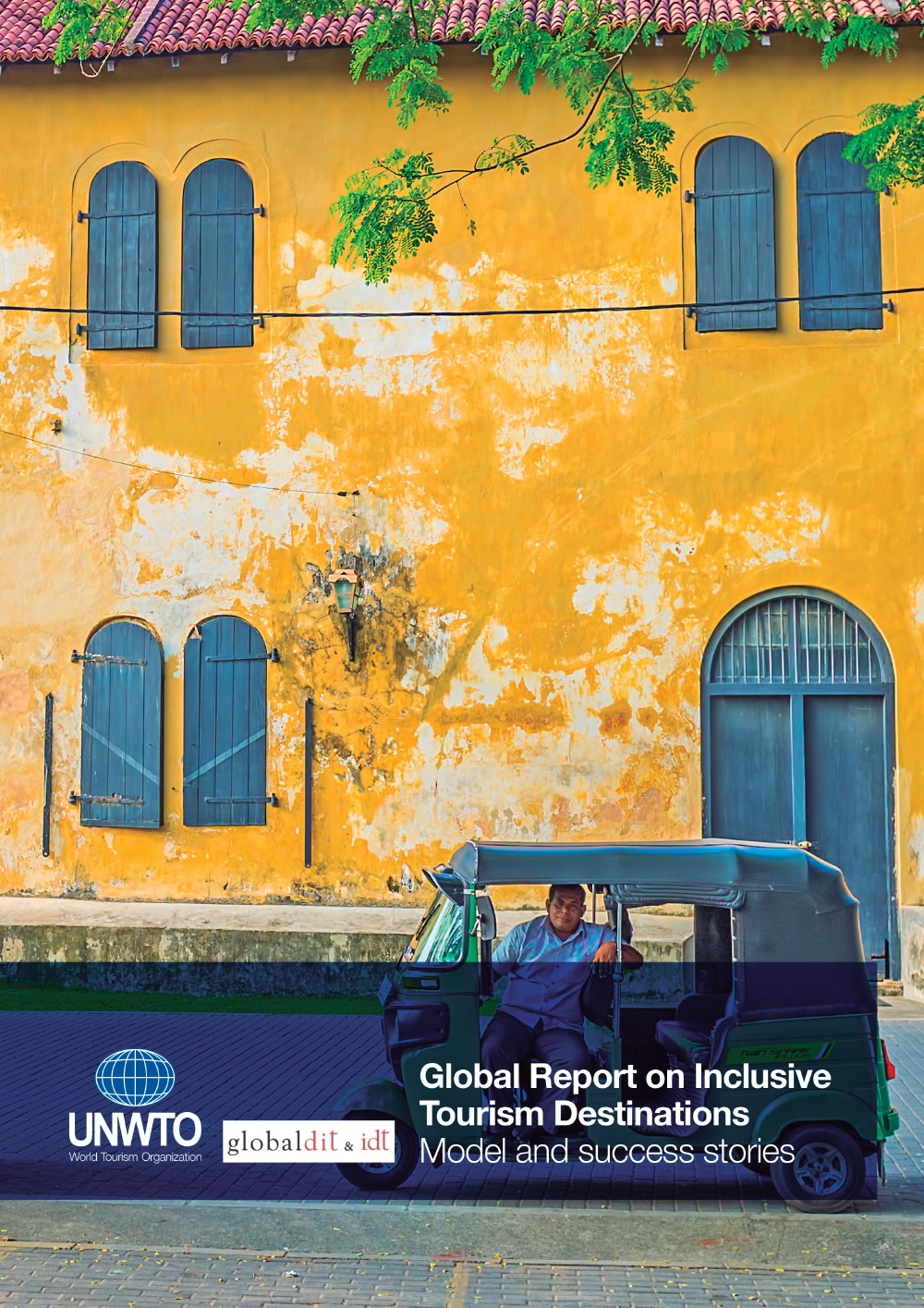Phare, The Cambodian Circus (or Phare Circus) is one of the most innovative, energetic, and amazing performance shows in Cambodia. The 330-person circus was established in 2013 and is an authentic, top-rated, and professional evening show that takes place under a big top.
Continue readingCase Study Ock Pop Tok
The Longji rice terraces have a long history since the beginning of the construction during the Yuan Dynasty (1271-1368) and it was completed in the early Qing Dynasty (1644-1911), with a constructing history of over 800 years. The fascinating rice terraces cover 66 square kilometres of the Longsheng county’s mountain, with the altitude from 300 meters to 1100 metres (Travel China Guide, n.d.). Longji rice terraces have been listed as one of the Globally Important Agricultural Heritage Systems (GIAHS).
Continue readingCase Study Longji Rice Terraces
The Longji rice terraces have a long history since the beginning of the construction during the Yuan Dynasty (1271-1368) and it was completed in the early Qing Dynasty (1644-1911), with a constructing history of over 800 years. The fascinating rice terraces cover 66 square kilometres of the Longsheng county’s mountain, with the altitude from 300 meters to 1100 metres (Travel China Guide, n.d.). Longji rice terraces have been listed as one of the Globally Important Agricultural Heritage Systems (GIAHS).
Continue readingCase Study Local Alike
Local Alike was found in 2013, by the two young and active co-founders, Somsak Boonkam “Pai” and Surachana Pakawaleethorn “Noon”. Pai is acting as a CEO of the enterprise. Local Alike is established in order to address three common problems to local communities namely 1) cultural fading 2) traditional skills and trade loss and 3) problem of migration.
Continue readingCase Study KOTO
KOTO is an internationally recognized and awardwinning
social enterprise in Vietnam which operates
as a training restaurant and a vocational training
centre. KOTO stands for “Know One, Teach One”,
a name that reflects strongly in their core belief,
values. KOTO operates two inter-connecting entities
which support each other through a well-designed
business model. The two parts comprise the KOTO
training center (the non-profit organization), and the
KOTO training restaurants (the social enterprise).
Data & Digital Platforms: Driving Tourism Growth in Asia Pacific
Destinations in the Asia Pacific region can maximise tourism growth, and in turn job creation, by expanding their online presence. As travellers organise
trips online more frequently, destination management organisations and businesses should leverage available tools and digital platforms to engage with them throughout the planning process. Data generated by online interactions can be leveraged to further drive innovation and growth. There are opportunities to generate over 9 million new jobs in the region. This would stimulate GDP growth by up to an additional 1% destination-by-destination with an average 5% rise in the Travel & Tourism sector.
Case Study Inle Heritage
Inle Heritage, a nonprofit organization founded in 2009, is located at the Innpawkhon Village in Myanmar. The main purpose of the organization is to preserve the cultural and natural richness of the Inle Region, which is located at the western edge of the Shan plateau in eastern Myanmar. Inle Heritage does not rely much on donations. The organization finances its projects to preserve the ecological system and the cultural heritage of Inle Lake through revenue-generating activities
Continue readingGlobal Report on Inclusive Tourism Destinations
This Global Report: Inclusive Tourism Destinations has been drawn up by the team of the globaldit firm with the World Tourism Organization. It sets out a Model for inclusive tourism destinations from a supply point of view, in which inclusion refers to the capacity of the tourism system to integrate disadvantaged groups so that they can participate in, and benefit from, tourism activity. The model is made up of a set of principles, definitions and public policy tools that have proved to be appropriate in various places and contexts for improving access to tourism activities for the most disadvantaged groups in society, converting them into suppliers of tourism services or suppliers to the sector.
Continue reading
